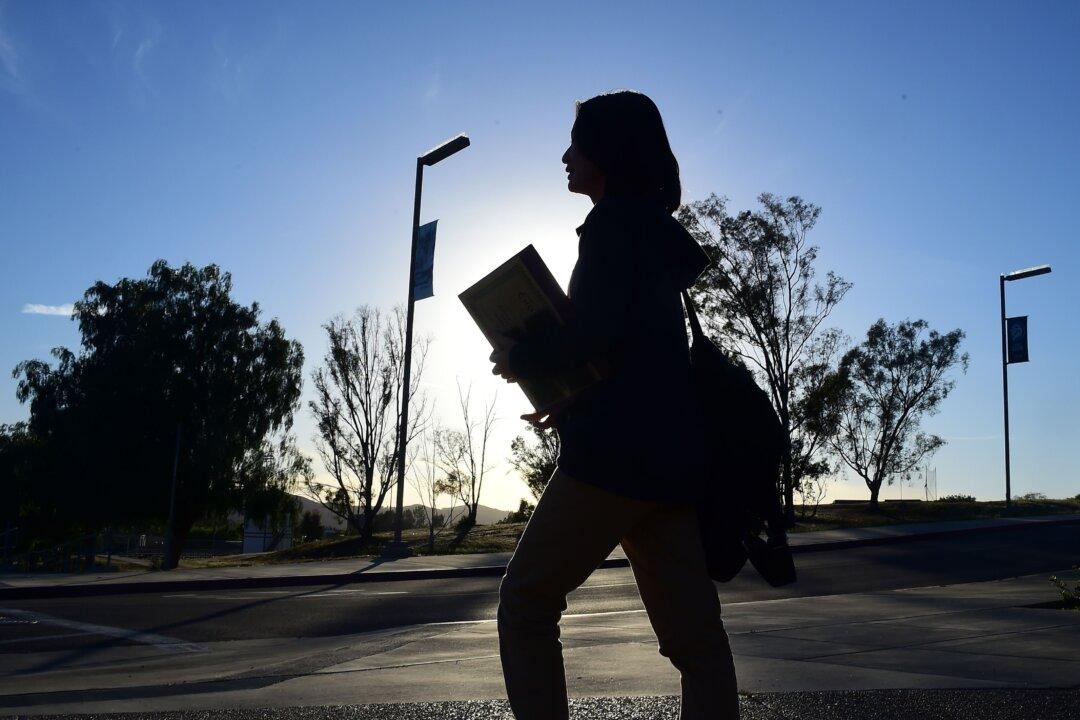China’s ruling Chinese Communist Party (CCP) has been infiltrating and exerting influence on western universities through Chinese student organizations for years, and now the University of Rochester is in the spotlight over a recent incident.
On the University of Rochester (UR) campus in upstate New York, there is an underground tunnel connecting the north and south campuses. A few days ago, the school put out a notice saying that because of COVID-19, students were prohibited from painting on the walls of the tunnel.




